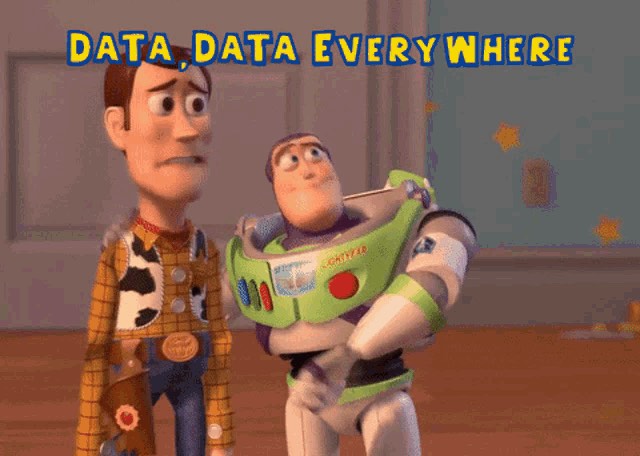Beyond Code: The Crucial Role of Databases in Software
In this article, we examine how data-driven decisions are becoming increasingly critical and the importance of databases in elevating software development.
Join the DZone community and get the full member experience.
Join For FreeIn the ever-evolving software development landscape, your choices can significantly impact your success. Today, it's not just about creating software; it's about harnessing data to drive innovation and meet user expectations head-on. From global tech giants to emerging startups, data has become the secret sauce for staying relevant and competitive. Even in unexpected fields, like automotive manufacturing or music streaming platforms, data is transforming how applications are built.

In this dynamic environment, data isn't an afterthought; it's at the core of modern software applications. The concept that "data is eating software" encapsulates this direction. To stay ahead, developers must prioritize enhancing their data infrastructure to cater to the ever-growing appetite for data-driven experiences that users now demand. At Timescale, we like to say, "We are building the future of computing" — a future built on the foundation of a solid database.

But where should you start as a developer? The answer lies in the heart of your application: the database. As software becomes increasingly data-intensive, the role of the database has become pivotal. A sluggish, costly, or unreliable database isn't merely a technical issue; it poses significant challenges for developers.
Consider the consequences: A slow database hampers the user experience, leading to frustration among users. An unreliable database erodes trust and drives users to seek alternative applications. Opting for an expensive database diverts resources from critical development efforts. And experimenting with unproven, nascent database technologies can slow down development, making it challenging for new developers to onboard and use.
To mitigate these challenges, it's imperative for developers to make informed decisions when selecting the database to power their software. The performance and capabilities of your software are only as robust as your database allows them to be. This is the pivotal point where defining clear database requirements based on your software's objectives is essential.

Take, for example, the role of databases in software development across various industries. Detailed, feature-rich data has become a valuable asset, regardless of the sector. From managing energy assets to handling financial data, databases are at the core of modern applications.
The importance of data infrastructure extends across all corners of software development. As developers, your ability to choose the right database for your applications can significantly impact their performance and functionality. In a data-centric era, this decision is not just technical; it's a fundamental aspect of software development.
As more developers recognize that data is central to modern software development, it's crucial to focus on selecting the right database for your applications. To keep up with the times and deliver the best user experiences, your data infrastructure must be up to the task of powering today's data-driven applications. By doing so, you'll harness the full potential of data in your software, creating applications that stand out in today's fast-paced tech landscape. The future is data-driven, and the time to prioritize databases is now.
Opinions expressed by DZone contributors are their own.

Comments